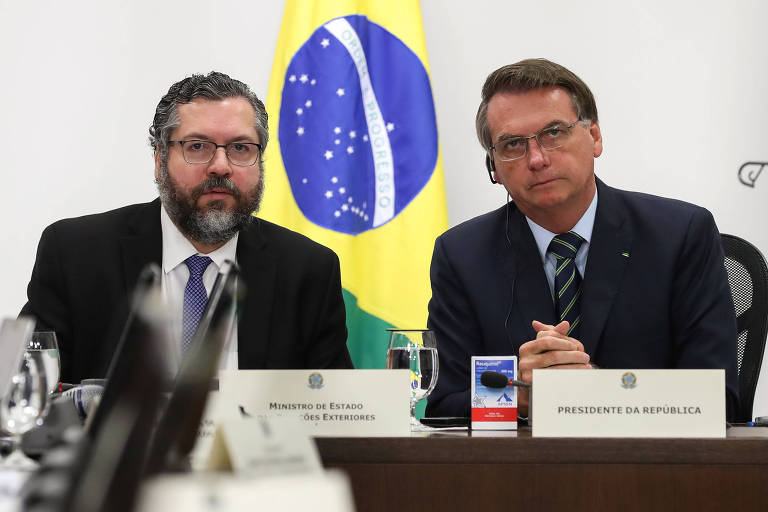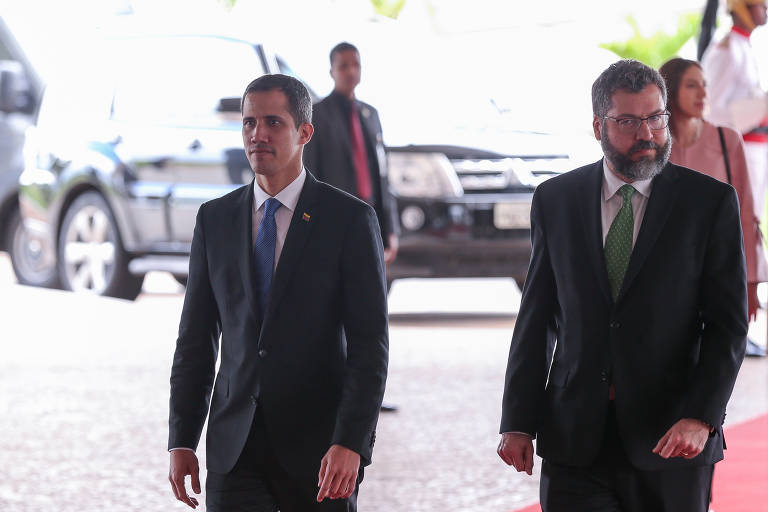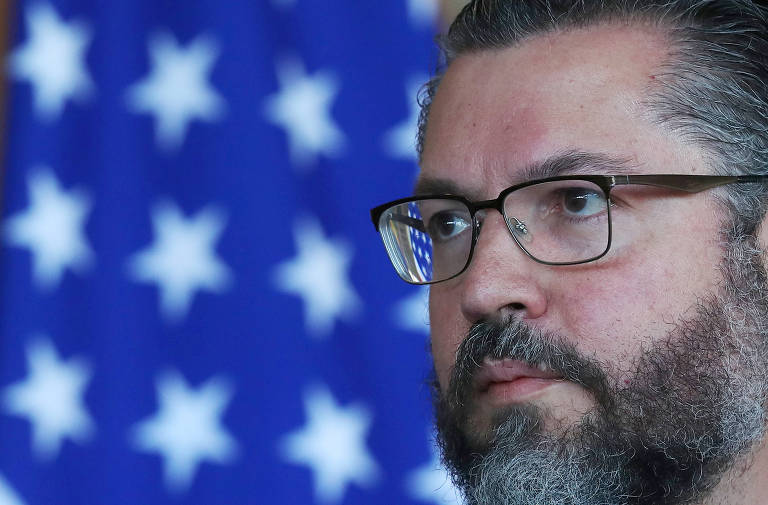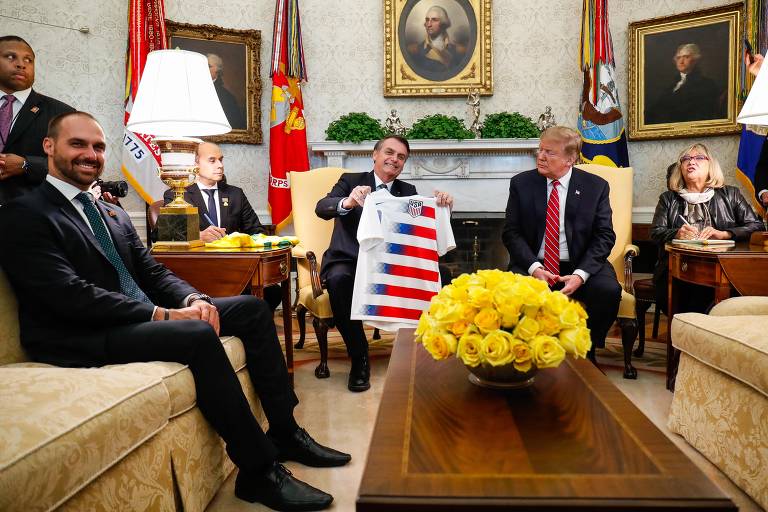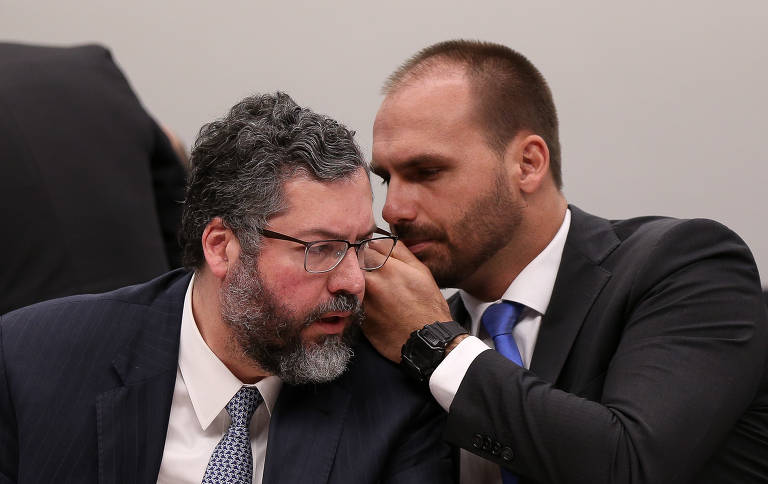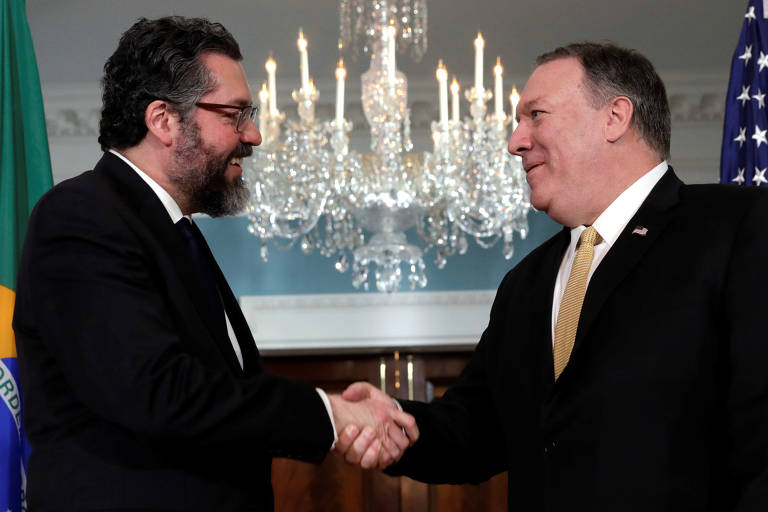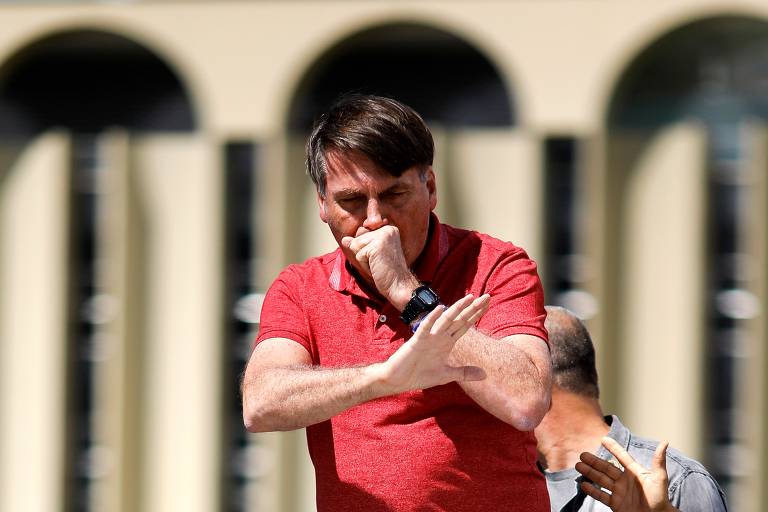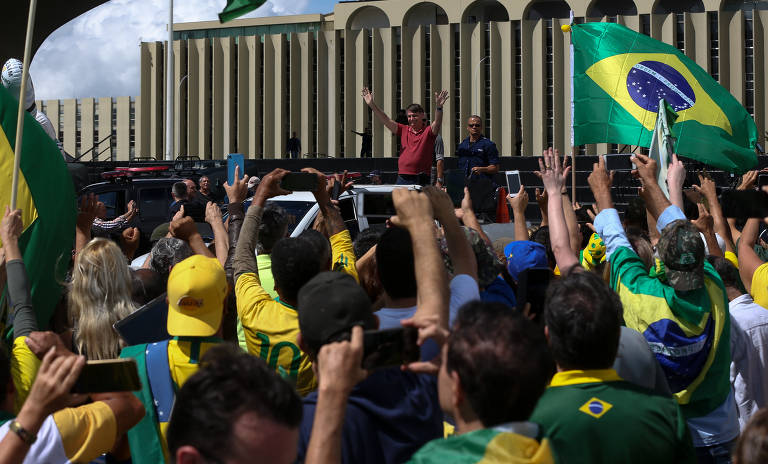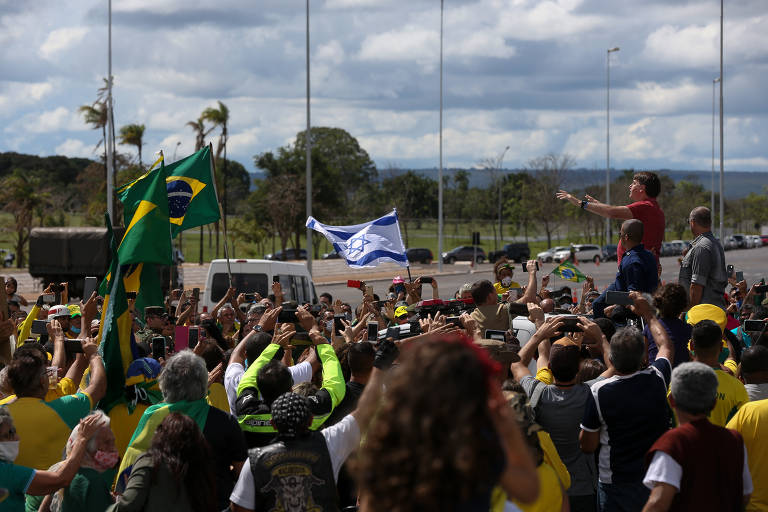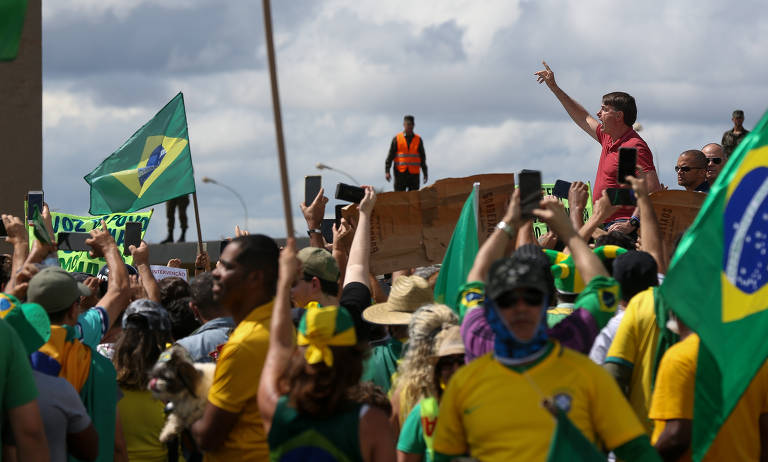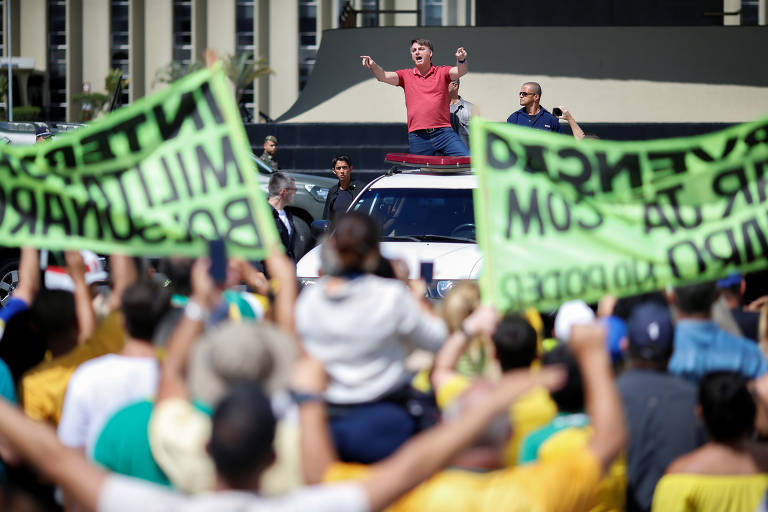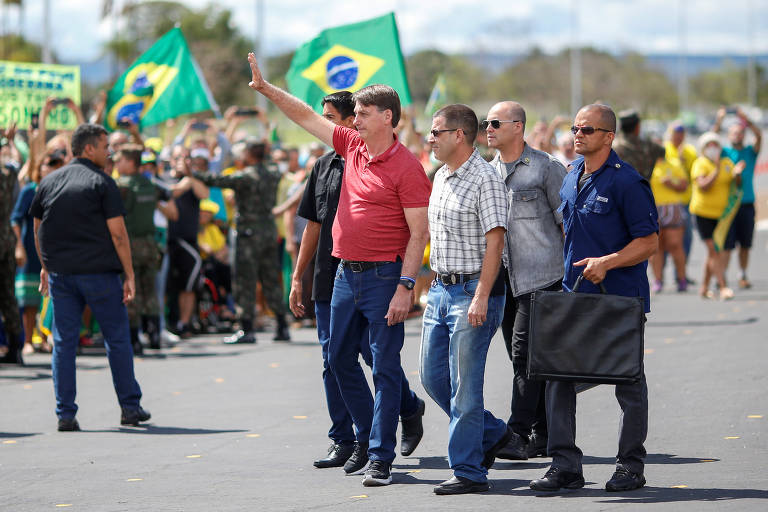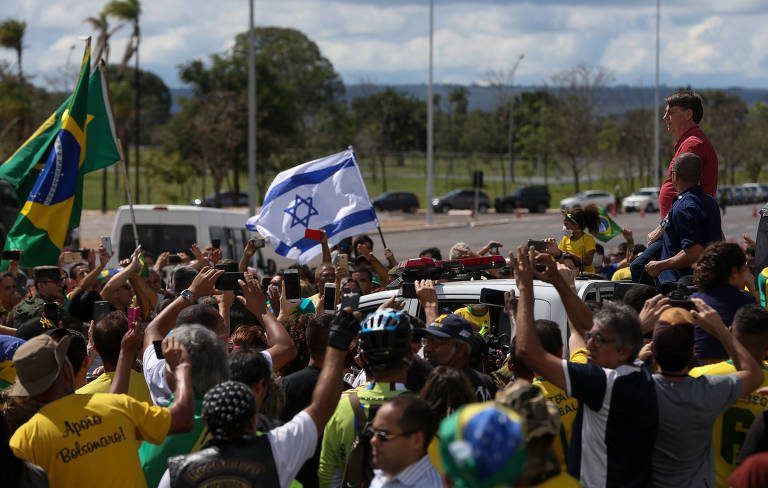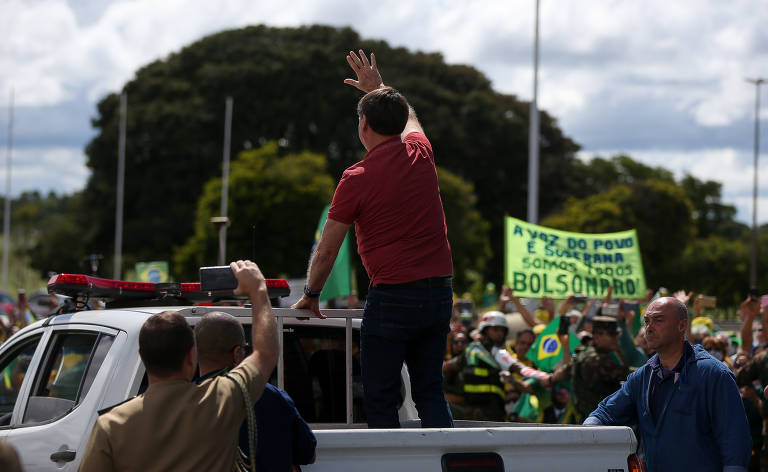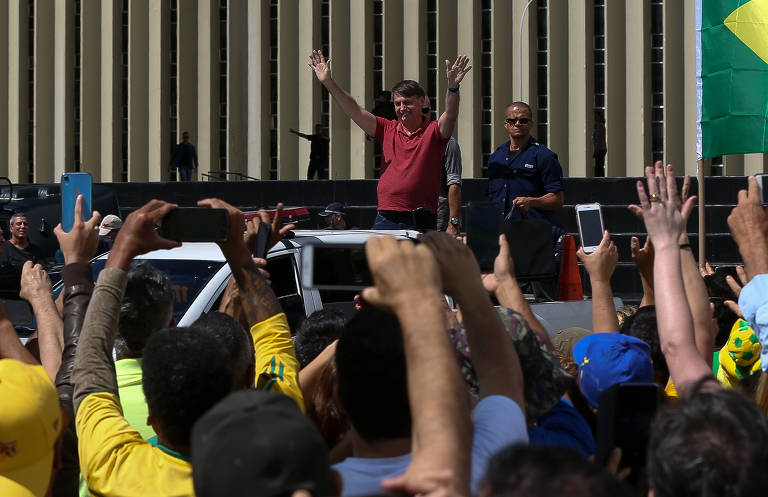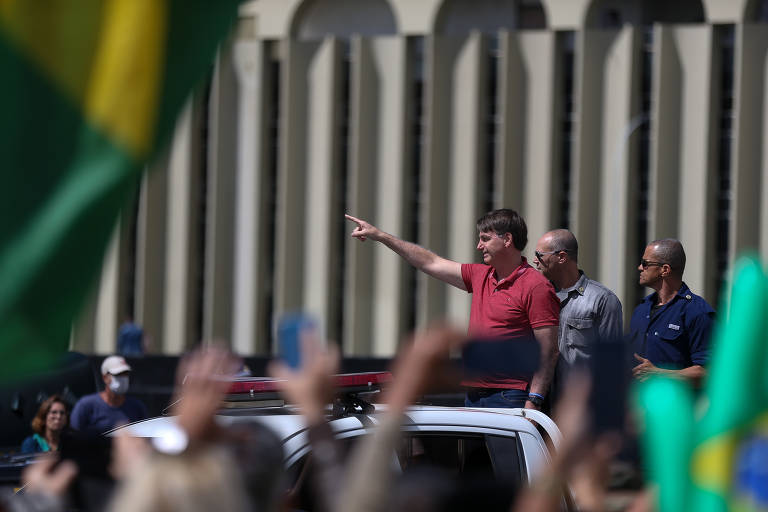Por fim, a cantilena do nós contra eles agora busca demonizar a China como fabricante de um vírus para destruir o Ocidente. Nascida na ultradireita americana, a expressão “vírus chinês”, de contornos racistas, caiu nas graças do bolsonarismo e estimula delírios conspiratórios de funcionários do governo.
Temas de relações internacionais, de política externa e de diplomacia brasileira, com ênfase em políticas econômicas, em viagens, livros e cultura em geral. Um quilombo de resistência intelectual em defesa da racionalidade, da inteligência e das liberdades democráticas.
O que é este blog?
Este blog trata basicamente de ideias, se possível inteligentes, para pessoas inteligentes. Ele também se ocupa de ideias aplicadas à política, em especial à política econômica. Ele constitui uma tentativa de manter um pensamento crítico e independente sobre livros, sobre questões culturais em geral, focando numa discussão bem informada sobre temas de relações internacionais e de política externa do Brasil. Para meus livros e ensaios ver o website: www.pralmeida.org. Para a maior parte de meus textos, ver minha página na plataforma Academia.edu, link: https://itamaraty.academia.edu/PauloRobertodeAlmeida;
Meu Twitter: https://twitter.com/PauloAlmeida53
Facebook: https://www.facebook.com/paulobooks
quarta-feira, 22 de abril de 2020
Diplomacia populista - Guilherme Casarões (FSP)
Por fim, a cantilena do nós contra eles agora busca demonizar a China como fabricante de um vírus para destruir o Ocidente. Nascida na ultradireita americana, a expressão “vírus chinês”, de contornos racistas, caiu nas graças do bolsonarismo e estimula delírios conspiratórios de funcionários do governo.
Xi Jinping Knows Who His Enemies Are - Book Review
A revolução econômica das pandemias - Ishita Gupta
Parece que a Peste Negra, no século XIV, acelerou o desaparecimento do feudalismo e o aparecimento do capitalismo, segundo esta scholar indiana. De fato, o desaparecimento de um quarto, talvez um terço da população em vastas regiões, aumentou o nível dos salários e os índices de produtividade do trabalho humano. Se isso é verdade, a atual "Peste Invisível" vai acelerar o quê? O desaparecimento do capitalismo e a emergência do socialismo "pikettyano"? Não acredito: acho que a globalização microeconômica – aquela conduzida pelos indivíduos, com menor intervenção dos Estados – vai se reforçar, ao contrário do que dizem os atuais keynesianos "retardados" (quero dizer, retardatários).
Is There a Revolution on the Brink of This Pandemic?

Academia.edu: postagens mais acessadas no mês transcorrido
De 23/03 a 22/04/2020
406 + 77%
5,619 + 53%
3,064 + 42%
Title
|
30 Day Views
|
30 Day Uniques
|
30 Day Downloads
|
All-Time Views
|
All-Time Downloads
|
409
|
326
|
24
|
410
|
24
| |
194
|
117
|
41
|
2,139
|
475
| |
155
|
128
|
37
|
874
|
217
| |
143
|
91
|
12
|
146
|
12
| |
119
|
85
|
26
|
120
|
26
| |
114
|
82
|
55
|
607
|
231
| |
97
|
56
|
19
|
101
|
19
| |
95
|
72
|
34
|
98
|
34
| |
90
|
38
|
24
|
96
|
24
|
Diplomatizzando: postagens mais acessadas da semana
|
19 de abr. de 2020, 1 comentário
|
546
|
|
16 de abr. de 2020, 1 comentário
|
174
|
|
17 de mar. de 2020
|
156
|
|
20 de abr. de 2020
|
154
|
|
28 de mar. de 2012, 1 comentário
|
112
|
|
18 de abr. de 2020
|
111
|
|
19 de abr. de 2020
|
109
|
|
21 de abr. de 2020
|
109
|
|
19 de abr. de 2020
|
106
|
|
20 de abr. de 2020
|
105
|
